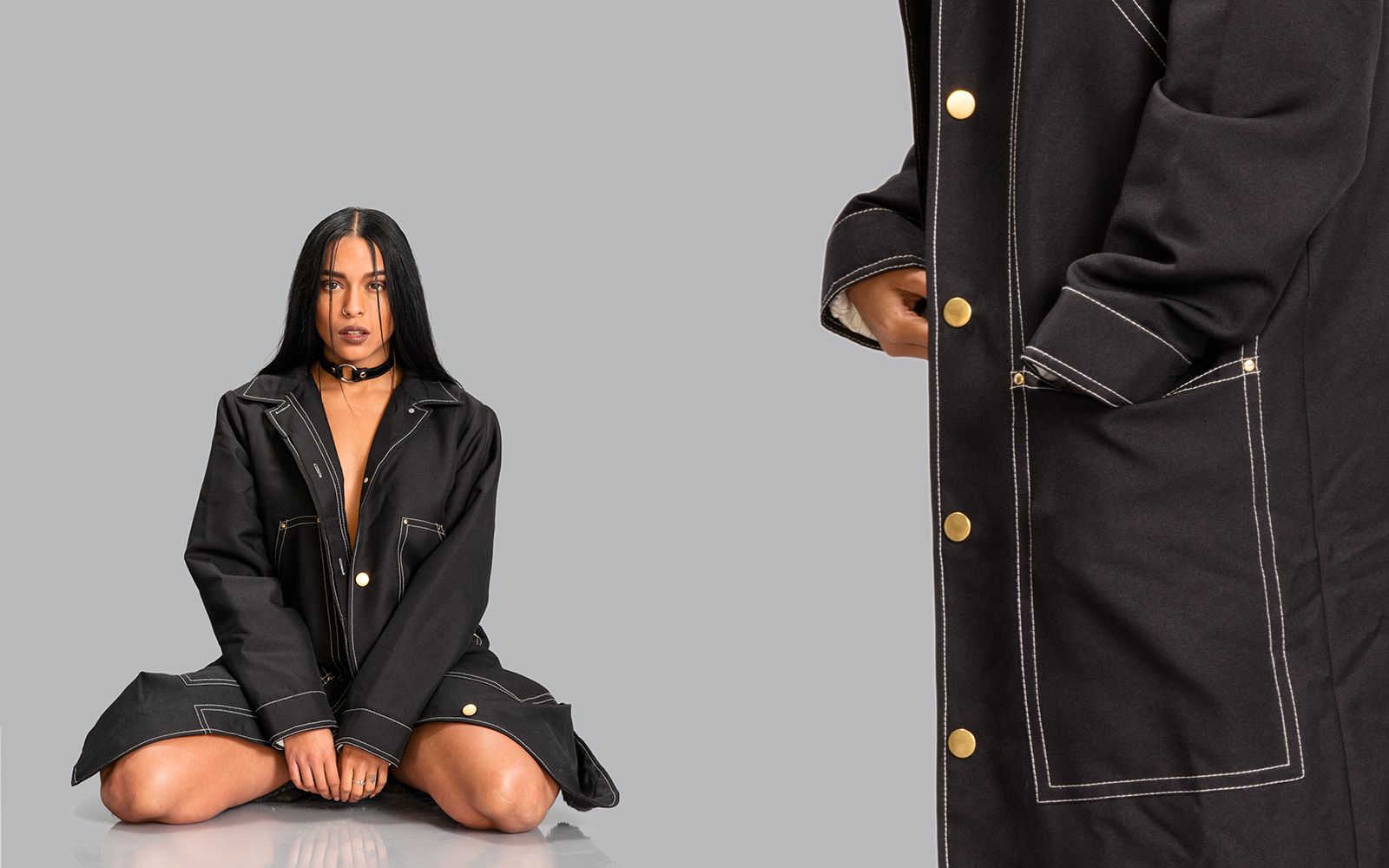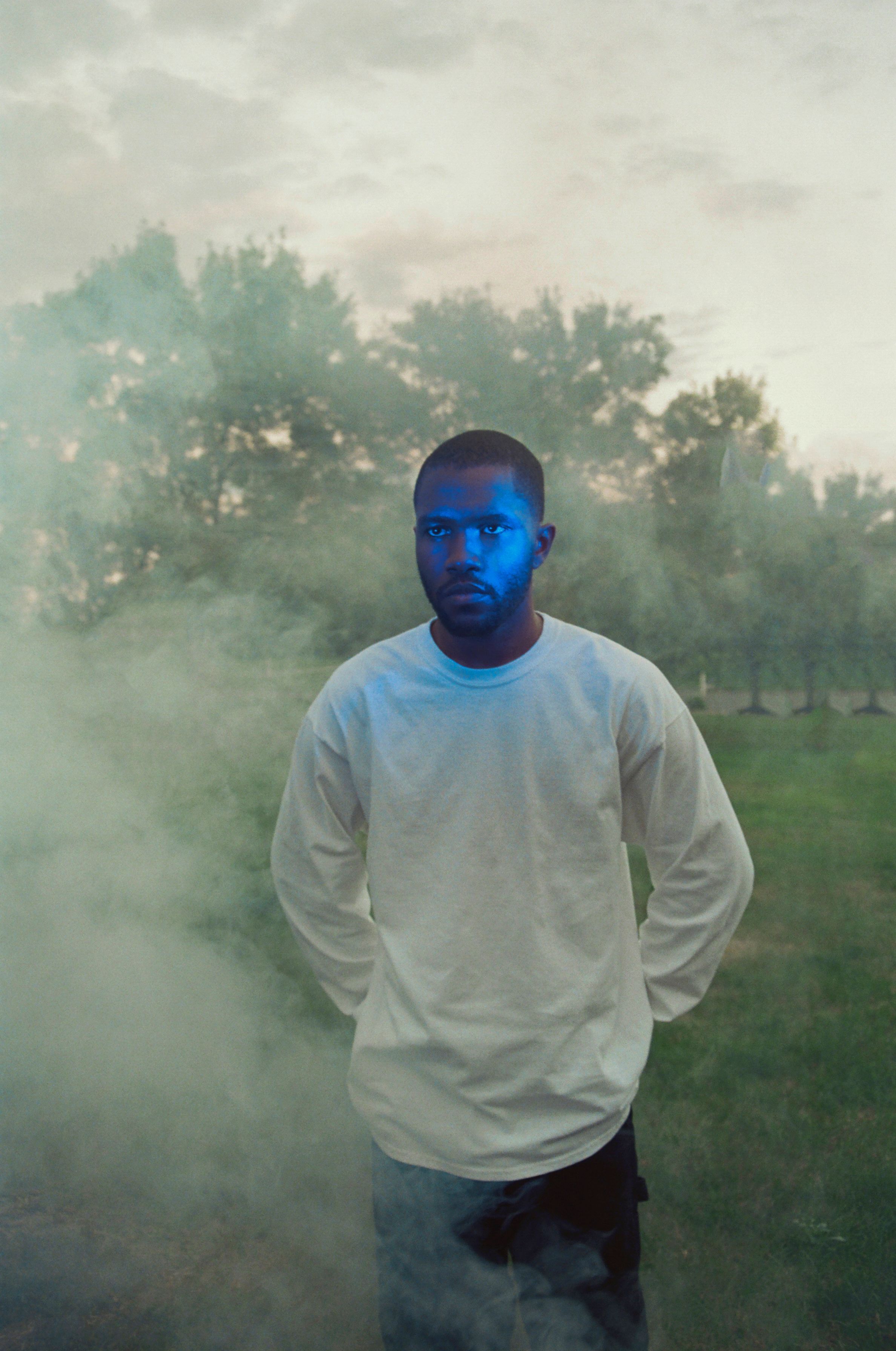“If people think what I do is shocking, it’s because they’re not used to watching something interesting”: MYKKI BLANCO Photographed by MARLEN KELLER
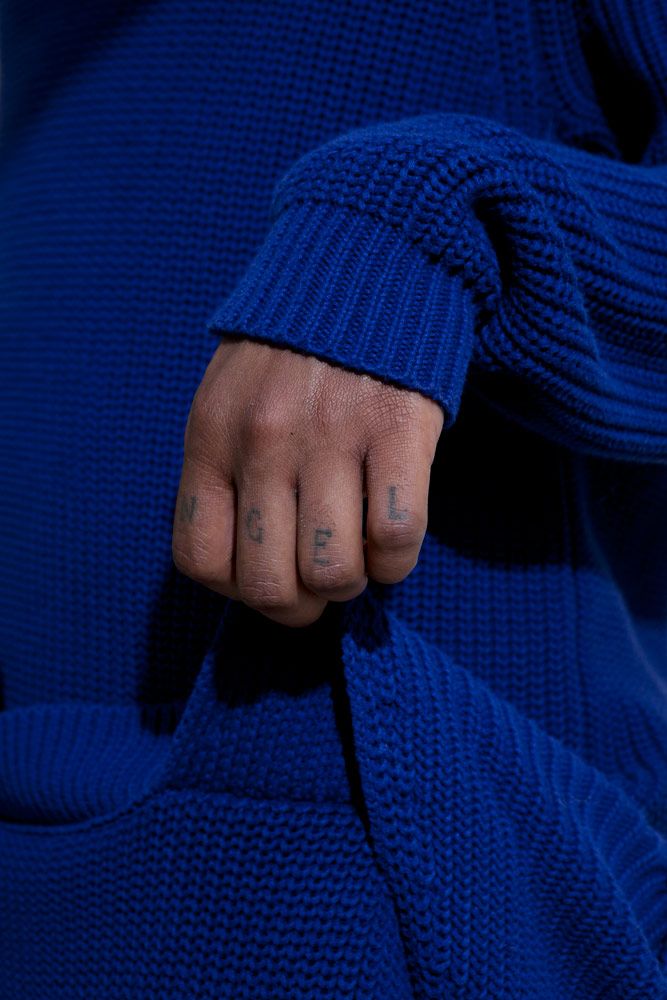
MYKKI BLANCO is at the front of a new guard in hip-hop. In anticipation of her debut album, tentatively titled Michael, 032c interviews the rapper, poet, actress, author, and performance artist, alongside a commissioned editorial by London-based photographer Marlen Keller and stylist Zuza Stepien.
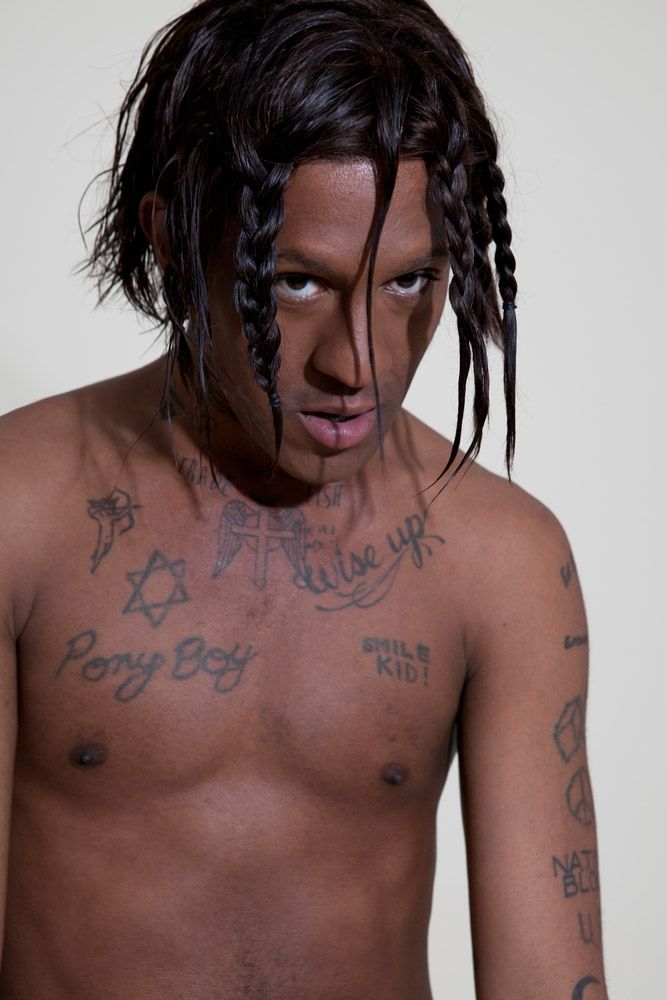
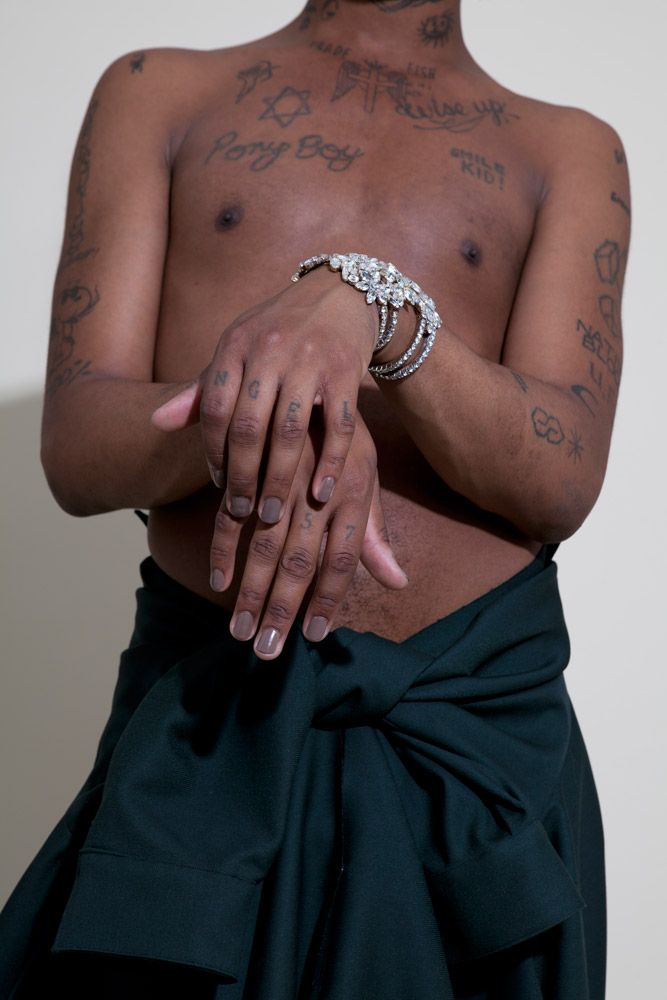
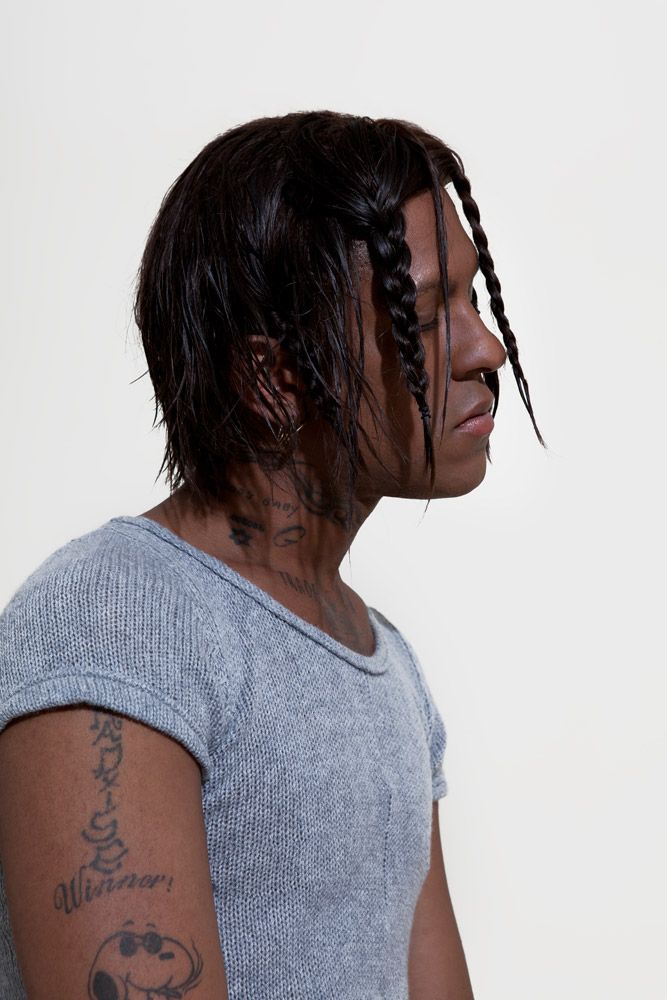
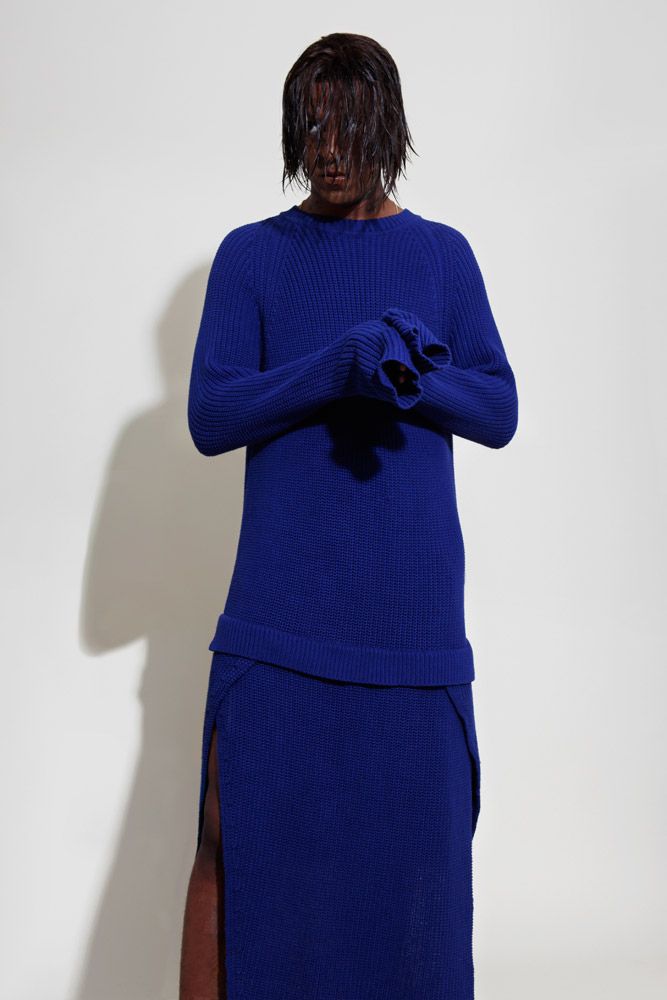
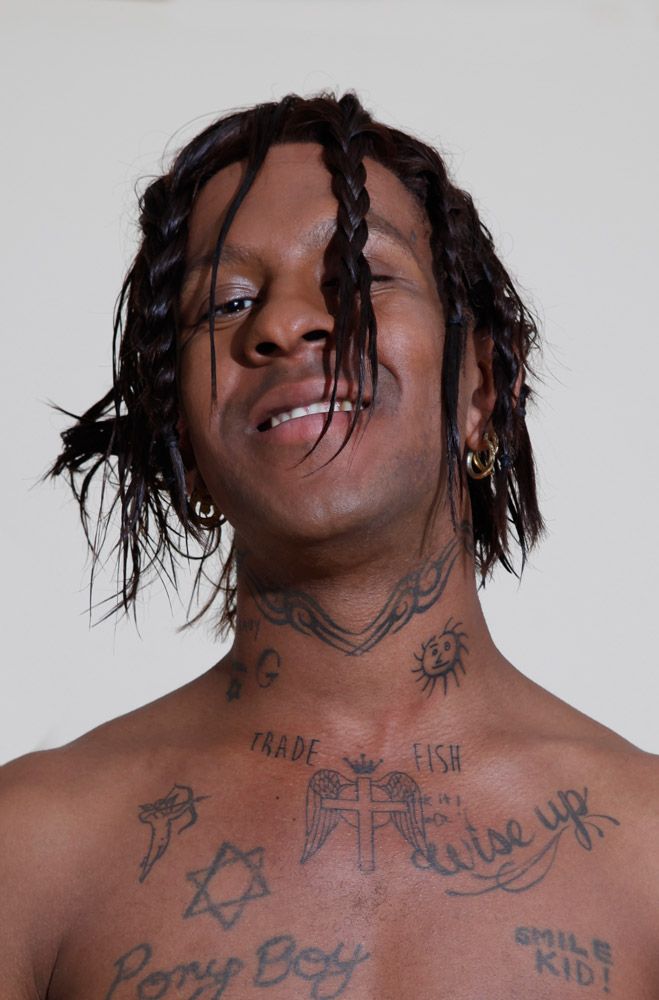
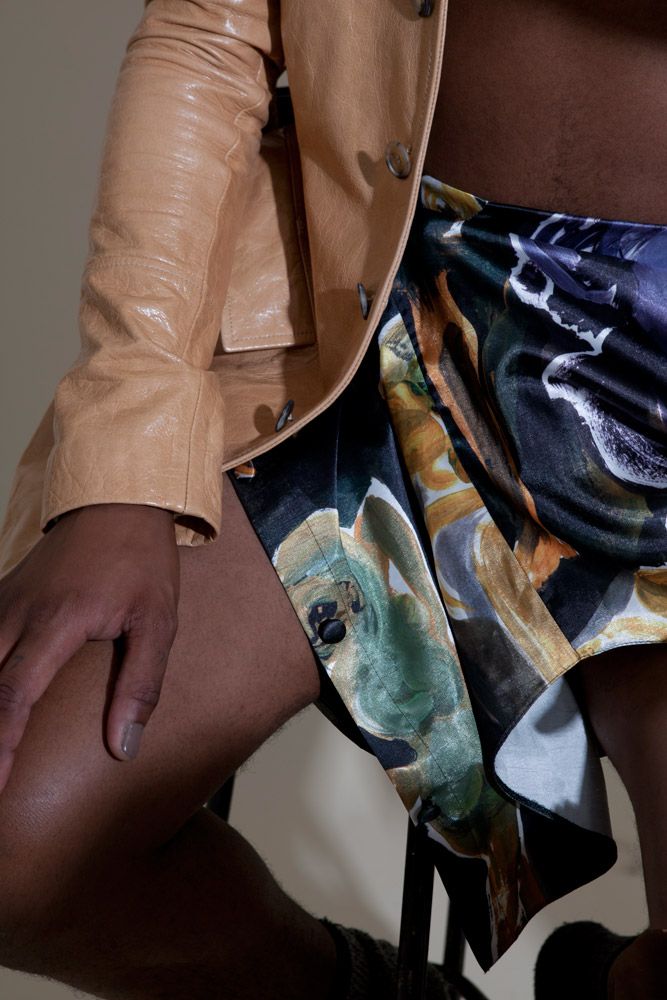
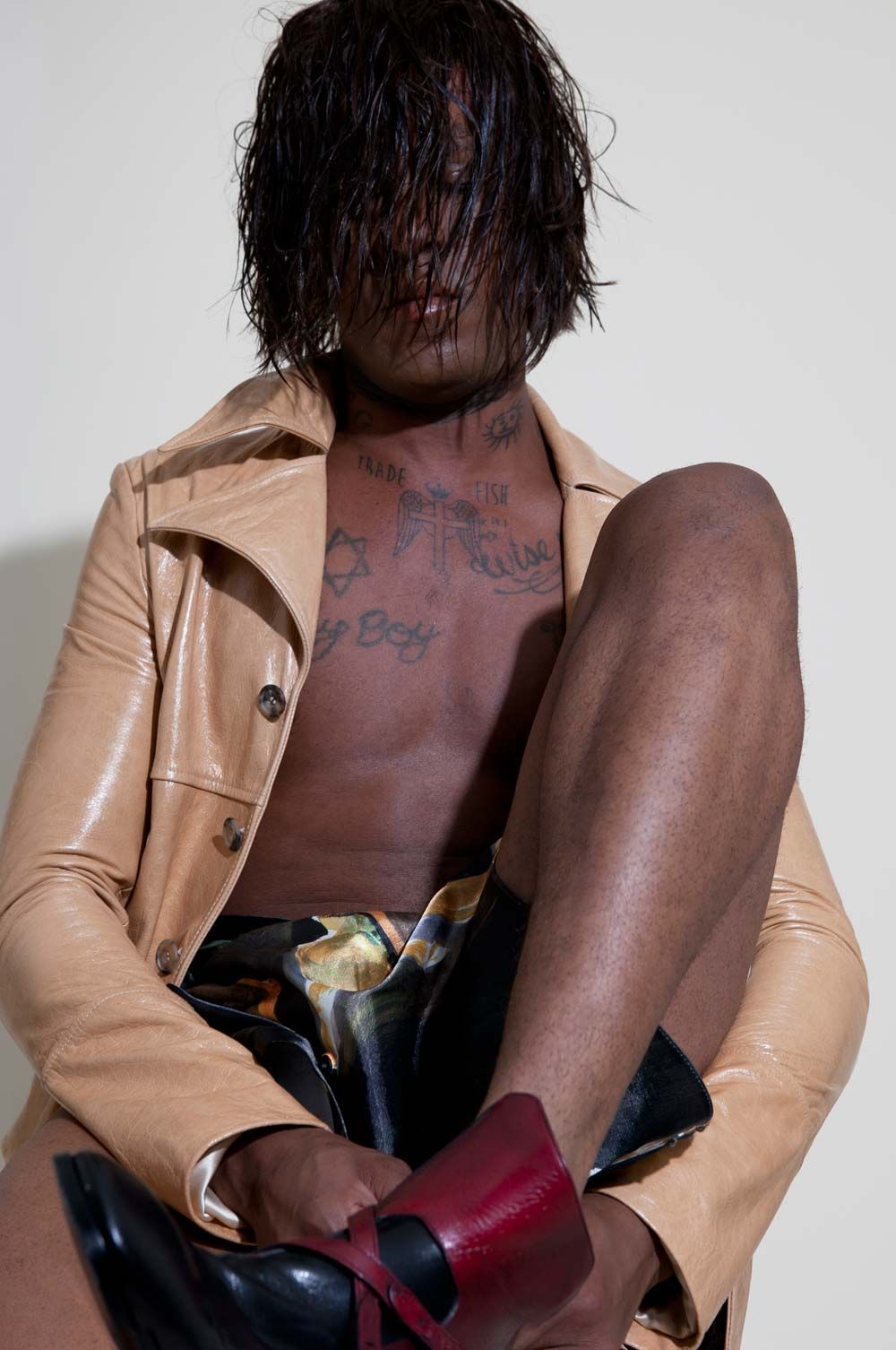
You’ve said in an interview that the hip-hop community is afraid of you. Why is that?
MYKKI BLANCO: I’ve danced around this question intellectually before but now I’ll just be blunt: hip-hop is a masculine culture created for and nurtured by men of color. Things are changing very quickly in black American culture now, at a speed they’ve never seen before, but it’s still taboo to be a gay black man. Hip-hop is music, it’s money, it’s marketing, it’s bonds of brotherhood – it’s a man’s world. Being gay, doing drag, that’s not gonna fly with a lot of people because they don’t see that as being a representation of hip-hop. They don’t identify with that, so they don’t want to open up the culture to that. But at it’s original core, hip-hop was about storytelling, being authentic, and having your voice heard.
Is aggression or shock a necessary part of having your voice heard?
Aggression is a tool I use to fuel the fire behind my songwriting, but I never use shock. If people think what I do is shocking, it’s because they’re not used to watching something interesting.
I’m a part of the new guard. Most of my fans are 16-25 demographically. It’s an age of gender splicing, genre splicing, anything goes and everything is up for debate for creation. I’m motivated by the youth of now to continue to share my story for them. Not watered down, filtered, or censored, but a dedication to the culture industry.
Hip-hop in Europe obviously has a different history than in the US. Are there certain places where you feel that what you do is more appreciated?
I’m a very strong performer. What I do in my own way kind of doesn’t have anything to do with a specific hip-hop lineage, though I know that would make the explanation cohesive. My live show contains elements of punk, vaudeville, theater, performance art, and hip-hop. I’ve become an internationally renowned performer because of my live show, the reactions come from the uniqueness of what I’m doing in the context that I’m doing it.
What’s your take on the mainstreaming of drag culture?
When I was dressing as a woman everyday, I was also living as a woman. It was my lifestyle, not a costume. I’m really an outsider to drag culture. Trust me, those queens don’t see me as carrying any kind of torch for them.
How dependent are your music and your persona on one another? Could you imagine re-inventing your musical style under a different persona?
Mykki Blanco is a stage name, not an alter ego or a split personality. Mykki and Michael are one person. It’s glam-hop, it’s drag, it’s make-up, it’s showmanship. And myself as Michael continues to create art projects, side projects, poetry, a few more books, a play, a film… I really want to go back into acting a some point.
Credits
- Photography: MARLEN KELLER
- Fashion: ZUZA STEPIEN
- Hair: LIV HOLST
- Makeup: OONAH ANDERSON
